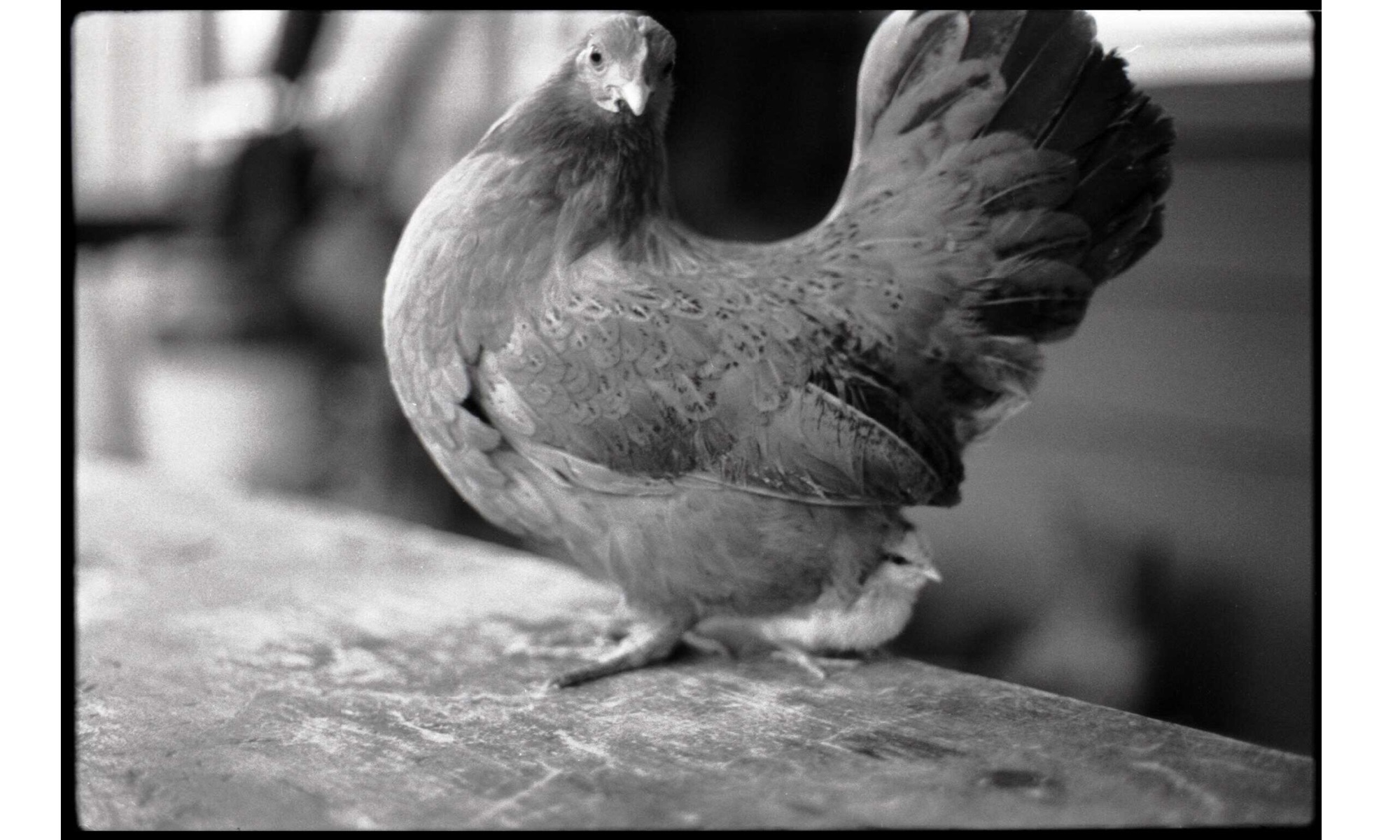My Japanese name is Katsumoto Ishinomori.
Take The Original Japanese Name Generator by Shu today!
Created with Rum and Monkey‘s Name Generator Generator.
The World of Science Fiction Mourns a Great Loss
 I was stunned and saddened to hear about the passing of Octavia Butler, my favorite science fiction writer, the other day. The author of 12 novels and 1 published collection of short stories, Butler was a pioneer in the science fiction realm, being a lone African-American woman, and a lesbian, in a field dominated by white males. The author died outside of her home in Seattle, after falling and striking her heard on a walkway.
I was stunned and saddened to hear about the passing of Octavia Butler, my favorite science fiction writer, the other day. The author of 12 novels and 1 published collection of short stories, Butler was a pioneer in the science fiction realm, being a lone African-American woman, and a lesbian, in a field dominated by white males. The author died outside of her home in Seattle, after falling and striking her heard on a walkway.
The first of Octavia’s books that I ever read was entitled Wild Seed, and it was a fantastic story about two immortal super beings; one who could change shape, who was in pursuit of the other who possessed complete control of her body. As a young man it made quite an impression on me, and years later, when I read her Xenogenesis trilogy (Dawn, Adulthood Rites, and Imago) I was hardly surprised by the talent behind them. What I loved about this trilogy was the daring exploration of sexuality and gender that they encompassed. Her collection of short stories, Bloodchild and Other stories, was a daring gathering of stories and essays from throughout her career that spanned genre.
After the throught-provoking Parable of the Sower and its sequel, Parable of the Talents which found a new religion forming around a young woman after an apocalyptic tragedy has decimated the earth, there was a noticeable lack of new work from Octavia as she suffered some personal writer’s block. There are interviews where she discusses working on a third book in this series, Parable of the Trickster, but it is apparently unfinished. She did return with a bold new novel last year called Fledgling. This novel might have taken some of her fans by surprise as it was a vampire novel, but one steeped in science fiction rather than fantasy or gothic horror.
In 1995 Octavia was the recipient of a “genius grant” from the John D. and Catherine T. MacArthur Foundation, the only the only science fiction writer to receive such an honor. This $295,000 windfall followed years of poverty and personal struggles with shyness and self-doubt. In an 2004 interview with the Seattle P-I Octavia commented, “People may call these ‘genius grants, but nobody nobody made me take an IQ test before I got mine. I know I’m no genius.”
Octavia’s first novel, Kindred, published in 1979 after being repeatedly rejected by publishers who could not understand how a science fiction novel could take place on a plantation in the antebellum south, is her most popular novel, selling more than a quarter of a million copies to date. I’ve never actually read Kindred and I am looking forward to the experience.
I was struck by how saddened I was by the news of Octavia’s death. This was the first time one of my “favorite artists” of some sort has died, and I was taken aback by the lack of any future work by this talented woman. I can only hope that Octavia knew some fulfillment and happiness from this career that brought so much to her fans.
